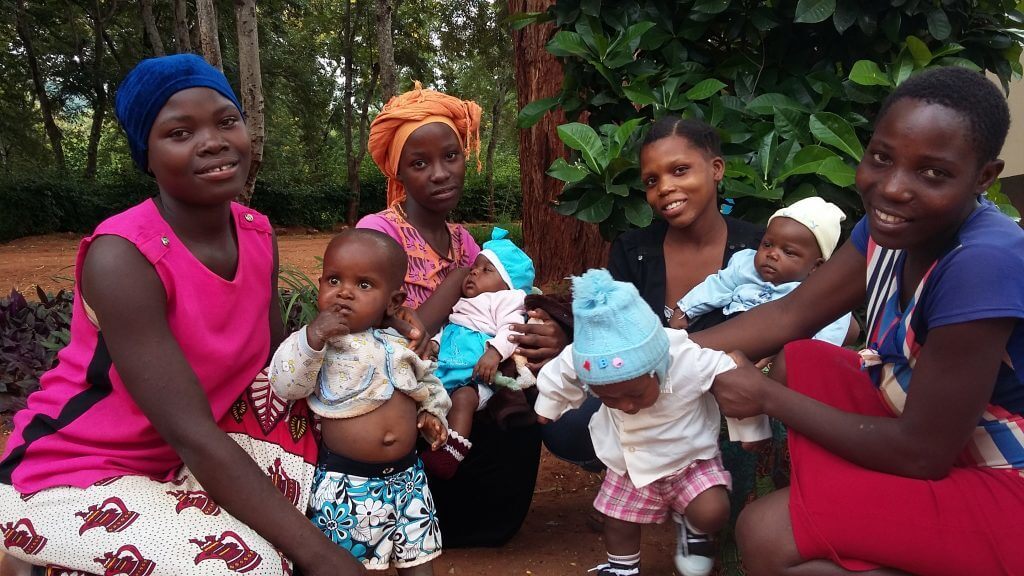Child marriage refers to any formal or informal marriage of a child, female or male under 18 years of age, but it disproportionately affects girls.
Child marriage has long-term consequences on girls, including social isolation, domestic violence and complications in childbirth – as a result of a child’s underdeveloped body. Child brides also have a higher risk of contracting HIV. In low-income countries, maternal-related complications are the leading causes of death amongst girls aged 15 to 19 years (Girls Not Brides).
Child marriage is widely recognised as a violation of a child’s human rights and is prohibited by international law. It continues to deprive girls of their basic and equal rights to health, education and development.
Did you know? In 1998, FORWARD and five global partners founded ‘The Forum on Marriage and the Rights of Women and Girls’, which advocates for child marriage to be placed on global and national agendas as a human rights abuse.


